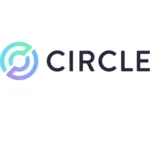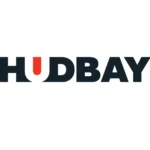Samsung Electronics Co. is preparing to expand production of its most advanced DRAM chips across facilities in Pyeongtaek and Hwaseong, according to industry sources, as the memory giant seeks to regain ground lost to SK Hynix in the booming artificial intelligence memory market.
The South Korean chipmaker plans to invest in 1c DRAM production lines at both locations by year-end, with the Hwaseong facility converting from legacy 1z DRAM manufacturing. The 1c technology represents Samsung’s sixth-generation 10-nanometer class DRAM, which will serve as the foundation for its upcoming HBM4 high-bandwidth memory products.
The investment push comes as SK Hynix has overtaken Samsung to become the world’s largest DRAM supplier for the first time, capturing 36% market share in the first quarter compared to Samsung’s 34%. SK Hynix dominates the HBM market with approximately 70% share, while Samsung continues to struggle with qualification at key customers like Nvidia due to yield issues.
Samsung initially began 1c DRAM production at its Pyeongtaek P4 campus earlier this year with modest capacity of 30,000 wafers monthly. Industry observers suggest the company’s expanded investment plans reflect growing confidence in yield improvements, with internal targets for production readiness approval on redesigned products by the third quarter.
However, Samsung’s 1c DRAM development has faced challenges, with initial yields falling short of the 60-70% threshold typically required for mass production readiness. The company has reportedly redesigned the chips to prioritize stability over size reduction.
HBM4 represents a critical battleground for memory manufacturers, as traditional DRAM markets face pressure while AI-related memory commands premium pricing. The global HBM market is expected to reach $58 billion by 2026, up from $38 billion this year.
While Samsung aims for HBM4 mass production by late 2025, SK Hynix plans to launch 12-layer HBM4 products in the second half of 2025, potentially maintaining its competitive advantage in the segment that has become essential for AI processing capabilities.




